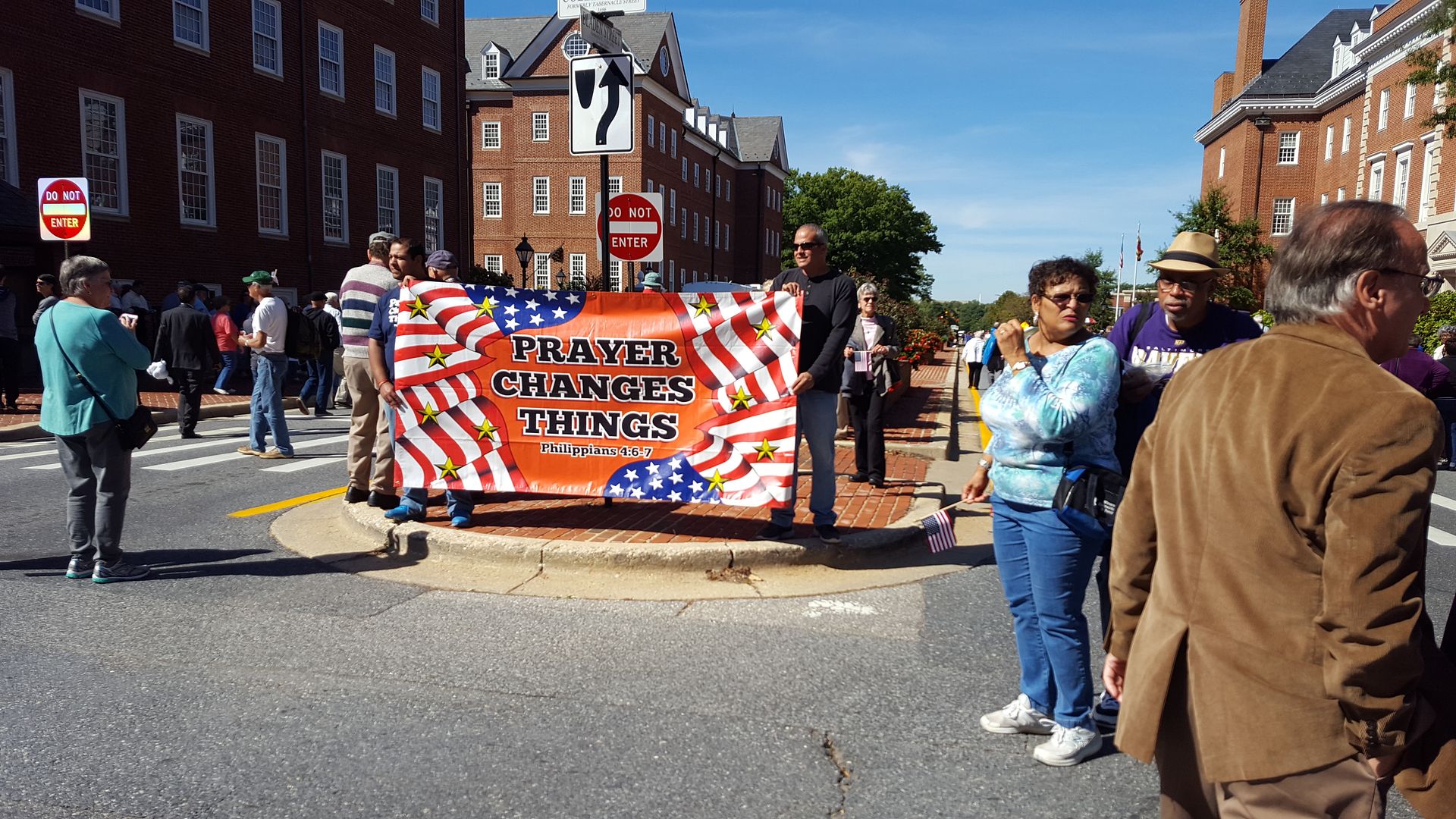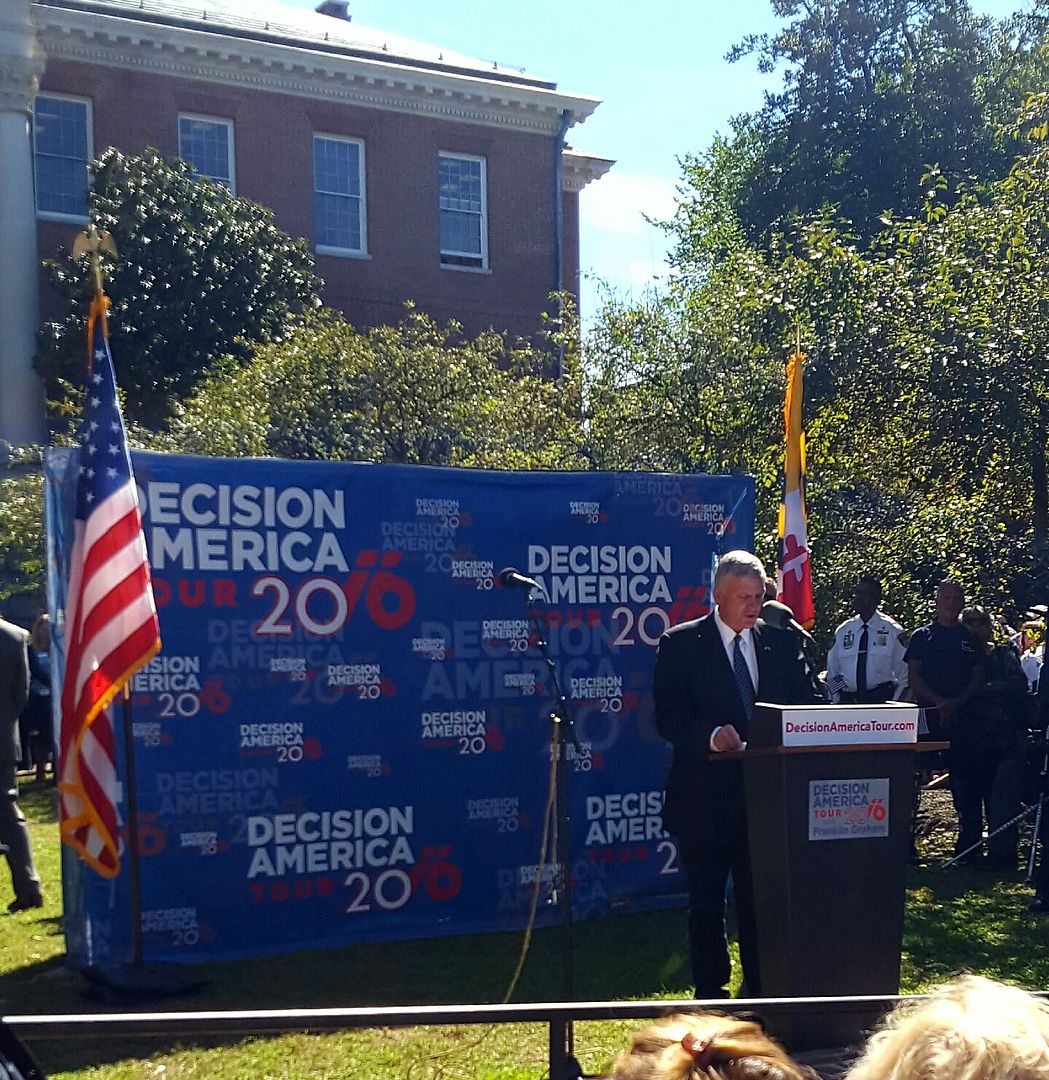This is the second of my series on the five candidates I am considering for President. (Feel free to work back from the beginning if you join midstream.)
Regarding the Second Amendment these are the actions and philosophies I am looking for, in five bullet points or less:
- A philosophy that remembers the words “shall not be infringed.”
- Selecting Supreme Court justices that will consistently uphold the original intent, and forcefully advocating for their confirmation.
- Vetoing any attempt to restore the so-called “assault weapons ban” or any other leftwing-sponsored infringements.
Here are what the candidates think on the subject. Most often the information is gleaned from their website, but I tried to cite when it came from another source. As a reminder, the Second Amendment is worth a maximum of six points on my 100-point scale.
Castle: “The Constitution Party opposes what the government usually refers to as ‘gun control’ – and that is gun or ammunition confiscation, gun or ammunition registration and the restriction of semi-automatic firearms with high-capacity magazines. We in the Constitution Party understand that armed people are free while disarmed people are slaves.” (party platform)
“I don’t believe in restrictions on the Second Amendment.” – except for convicted felons. (“Iron Sharpens Iron” radio program, 9-12-16.)
Hedges: “We support the right of citizens to own and to carry firearms for personal defense and for sport; we encourage instruction in gun safety.” (party platform)
Hoefling: The right of self-preservation and self-protection is inherent in all persons, communities and societies, which is why we fiercely defend the indispensable provisions of our Second Amendment. Liberty cannot be protected if the people have been stripped of the physical means of doing so. (party platform)
Johnson: On guns, Johnson described his record as New Mexico’s governor, where he championed concealed carry legislation that he eventually signed into law. He also vowed to veto any attempted reinstatement of the so-called “assault weapons” ban, arguing that it’s something of a false category, and that such efforts would create a new class of criminal comprised almost entirely of law-abiding gun owners. (interview with Guy Benson, Townhall)
McMullin: The right to bear arms is at the heart of the American experience. Patriots armed themselves to win our independence, and the Supreme Court has affirmed that the Second Amendment confers this individual right to all Americans. As a CIA officer, Evan has carried arms to protect himself in warzones, and he supports the rights of all Americans to protect their homes, families and freedoms and to use firearms for sport, hunting and all other lawful purposes.
As president, Evan McMullin will never infringe upon the rights of law-abiding gun-owners. Instead, he will respect the founding spirit of our country by ensuring that Americans have the ability to defend their families and enjoy their sporting traditions without government interference.
While defending the Second Amendment, we must also keep weapons out of the hands of those who would do us harm. The FBI’s terrorist watch list is an important tool for homeland security professionals, but it lacks transparency and due process protections. On its own, it is an insufficient basis to deprive Americans of their right to purchase and possess firearms.
There is also a compelling need to improve treatment for those with severe mental illness and to screen them more effectively. Improved mental health treatment is also essential because a majority of gun deaths are the result of suicide. Before an individual makes the decision to end his or her life, we must encourage a broader national effort to identify and treat mental illness, including depression and other conditions.
Despite the contentiousness of this issue, there are practical ways forward. With NRA support, Senator John Cornyn proposed a plan that would give the attorney general three days to determine if there is probable cause to prevent an individual on the watch list from purchasing a gun. Combined with an increased focus on getting the mentally ill the help they need, this is the kind of common sense solution politicians should be seeking.
Unfortunately, many in Congress prefer to grandstand rather govern. Sit-ins on the House floor are no substitute for leadership. In fact, this kind of stunt is precisely why Americans are so fed up with politics as usual.
Evan will reform the Bureau of Alcohol, Tobacco, and Firearms and turn its purpose to assisting law enforcement in the solution of gun-related crimes rather than serving as a regulatory agency and back-door gun control organization embedded inside the Federal government. Evan will also seek 50-state reciprocity for concealed carry permits.
Ultimately, our nation is safest when weapons are out of the hands of terrorists and in the hands of law-abiding citizens. Under Evan’s leadership, the Second Amendment will be stronger and American citizens will be more secure. (campaign website)
***********
Darrell Castle has a pretty good philosophy, although I think restrictions on convicted felons are somewhat too broad. If he meant violent felons, then that is more logical since such criminals forfeit those rights for a prescribed period as part of their punishment. 5 points.
The Prohibition Party platform (which Jim Hedges is not on record as disagreeing with) is solid, but doesn’t address the excesses of the modern era. 4 points.
Tom Hoefling has a good statement as well, particularly when it comes to the philosophy of the Second Amendment. There just needs to be more meat; still it’s a tick better than the above. 4.5 points.
I don’t have any objection to what Gary Johnson said, but it’s interesting to note this was not one of the many issues Johnson discusses on his website – perhaps because his running mate is weaker on 2A issues. 5 points.
I have issues with anyone who claims they support “common-sense” gun control like Evan McMullin. I don’t see him as a change agent, particularly as he speaks of several areas of federal involvement. Will he truly stand up for the law-abiding gun owner? 3 points.
Next on tap is a discussion of our energy policy.









